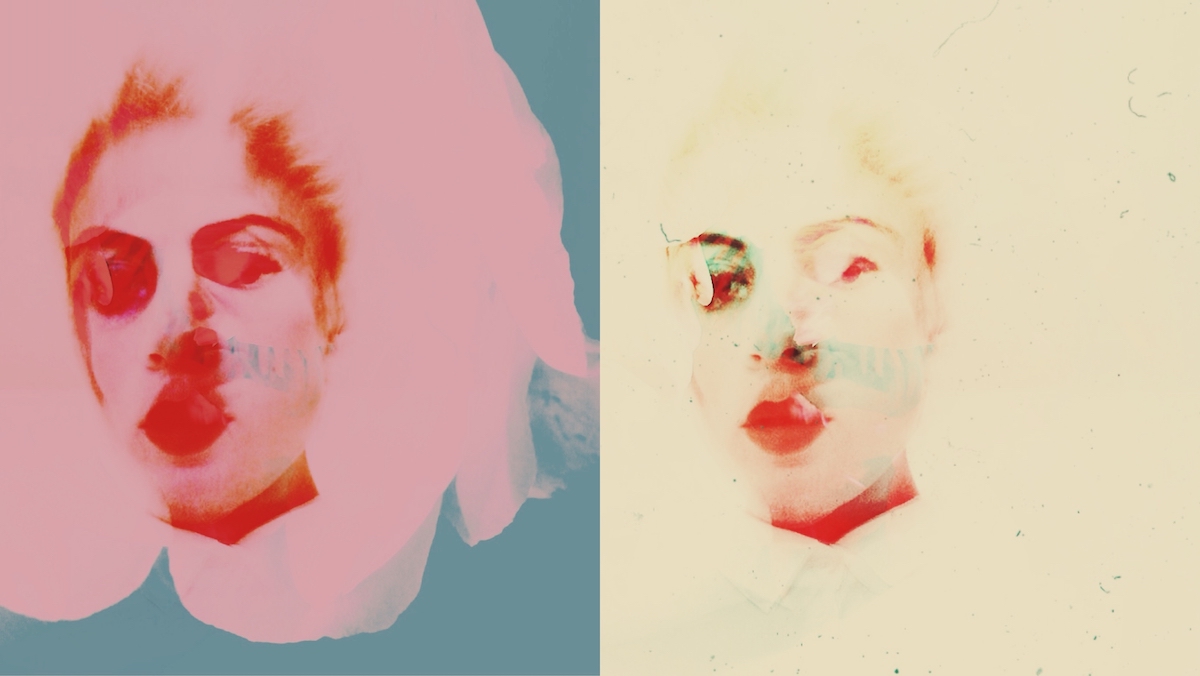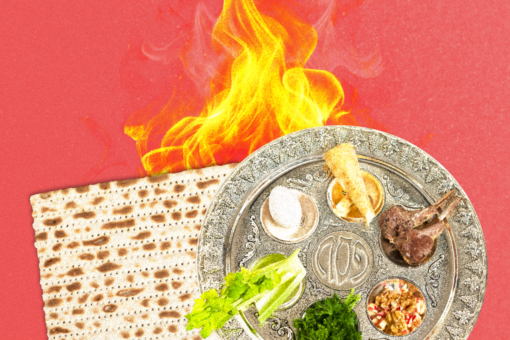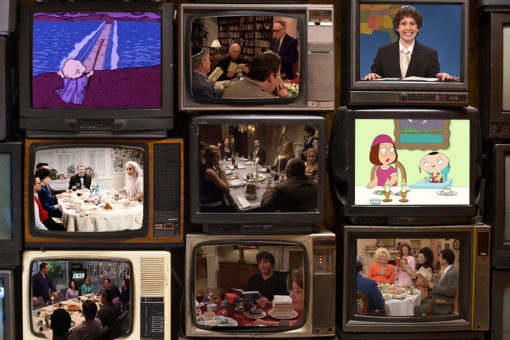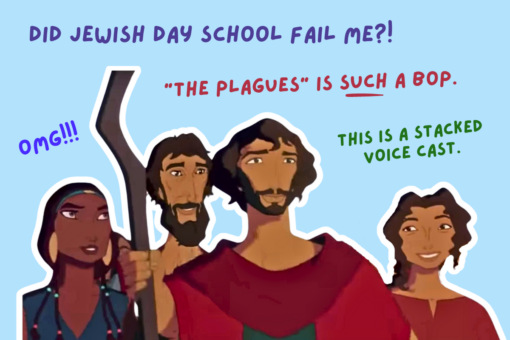I am an Orthodox Jewish woman. I am proud of my identity and heritage, and find enormous value in my culture. I find that most of the flaws and challenges in my community stem from a severe lack of information, so I have an enormous amount of empathy for people who may not know the impact that their words may have. However, that does not erase the impact of their words. I have felt this most acutely when it comes to my community’s reaction to my sexual assault.
I was sexually assaulted two years ago. After the assault, as I recognized the enormity of what had happened, and especially as I realized that the case would be proceeding to trial, I slowly opened up to select family members and a few friends. Some people’s reactions could not have been more ideal. However, others left a lot to be desired.
Comments ranged from asking whether my knees were covered to stating that as long as I was not “technically raped,” I could still marry a kohen and would not have to worry about the assault. This attitude reflected what I was taught — the incorrect belief that yichud, the halacha (Jewish law) that stipulates that men and women should not be alone together, and shomer negiah, the halacha that says men and women should not touch unless they are close family or spouses, were established to protect women from assault because men cannot control their sexual appetites. Even in environments where these beliefs were not explicitly stated, the trickle down impact of these attitudes resonate throughout much of the Orthodox community as well as the wider Jewish community that I have been a part of.
The continued impact of the assault is still with me. Dating has been difficult to near impossible, especially as I have been told by a teacher and rabbi to never share my assault with people I’ve been dating, despite the fact that I am in the middle of an ongoing trial against the perpetrator. This is information I refuse to hold back indefinitely, as it is a part of me, as much as any other experience I have had is, and I am not ashamed of what happened. Further, as a participant in shidduch dating — a system where two partners are set up by an intermediary — it is difficult for me to get in a car with a virtual stranger that someone else has vetted and trust that he will take me home safely.
As I’m left dealing with the aftermath, it’s all the more apparent to me that it’s high time for the Orthodox community to reckon with their attitudes around sexual assault. Pretending that our education system does not perpetuate a permission system for men to perpetrate sexual assault or harassment is simply ignoring the facts.
There’s a Hebrew phrase I hear a lot in my community: Kol yisrael areivim zeh la zeh — which translates roughly to “we are all responsible, or ‘cosigners,’ for one another.” It’s a lovely thought, except when I hear it used as an explanation for why women might be responsible for a man’s sin. We should not interpret this to mean that women are responsible for making sure that men “do not become aroused.” Rather, we must understand that we are all responsible to care for one another and look out for one another, including protecting people from sexual violence.
I am not a public policy expert nor an educator, but it seems clear to me that the root of our community’s problematic response to sexual violence lies in our education. This is particularly critical in ultra-Orthodox communities, where students may not have access to typical media that most kids do. Even though I grew up going to schools that would be considered “middle of the road” within the spectrum of Orthodoxy, I grew up with limited internet access and no sex education whatsoever.
Orthodox educators need to consider implementing premarital sex education in school, with an emphasis on consent. Acting as if students are not engaging in sexual activity is naive — and not giving students and potential victims tools to let them know that they are allowed to say no to any sexual activity is extremely dangerous.
Beyond education, we also need to change the culture of how we talk about assault within the community. When speaking to other Jewish, especially Orthodox, survivors of assault, questions about dress, whether they are shomer negiah, and whether they were in a yichud situation seem to be especially prevalent. As a mental health professional, I have heard people ask these questions about others in my community. Personally, I have been asked similar questions by a teacher I was close with. Of course, none of these are pertinent.
Additionally, in more insular circles, there is a practice of not showing pictures of girls and women over the age of 3 in several Orthodox newspapers and magazines. This is supposed to uphold the traditional Jewish concept of tzniut, or modesty, but I would argue that this only further sexualizes women and girls by creating the expectation that a man might be aroused by a toddler.
This is further illustrated by the fact that I feel compelled to write this piece anonymously. I am a single Orthodox woman, and I am proud to be a part of this community. However, I know that speaking out about this would definitely impact my marriageability within any sector of Orthodoxy that I have been exposed to.
Ironically, in speaking to some of my non-religious and non-Jewish friends about my assault, there were reactions that were equally upsetting, but for different reasons. I have been told that Orthodox women are too humble and shy to speak up for themselves, and asked whether I thought this had happened because I am Orthodox. Some of my female Orthodox friends are the most opinionated and badass people I know. While the following sounds painfully obvious, I would suggest that the imperative here is to universally follow best practices when speaking to all survivors of sexual assault, regardless of their religious orientations.
I feel that in some ways, my experience of sexual assault has been made more difficult due to my religious background. However, I cannot separate the enormous sense of community and support that I have been blessed with as well. I am writing this article from a place of love and care for my community, which I feel is making a terrible mistake. The Jewish community, with our emphasis on looking out for one another, is perfectly situated to support survivors of assault and gender-based violence. We live our lives with the philosophy of kol yisrael areivim zeh la zeh. With this in mind, I hope that we all continue to look out for our survivors, regardless of religiosity.
Header image by Margherita Maniscalco / EyeEm / Getty Images.



